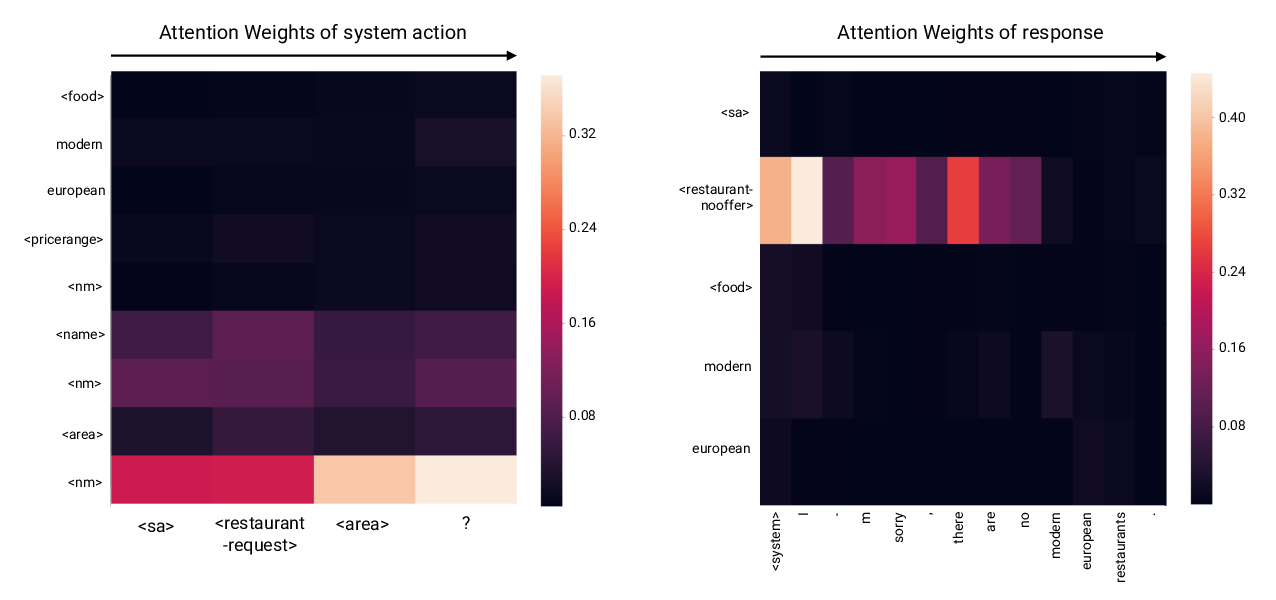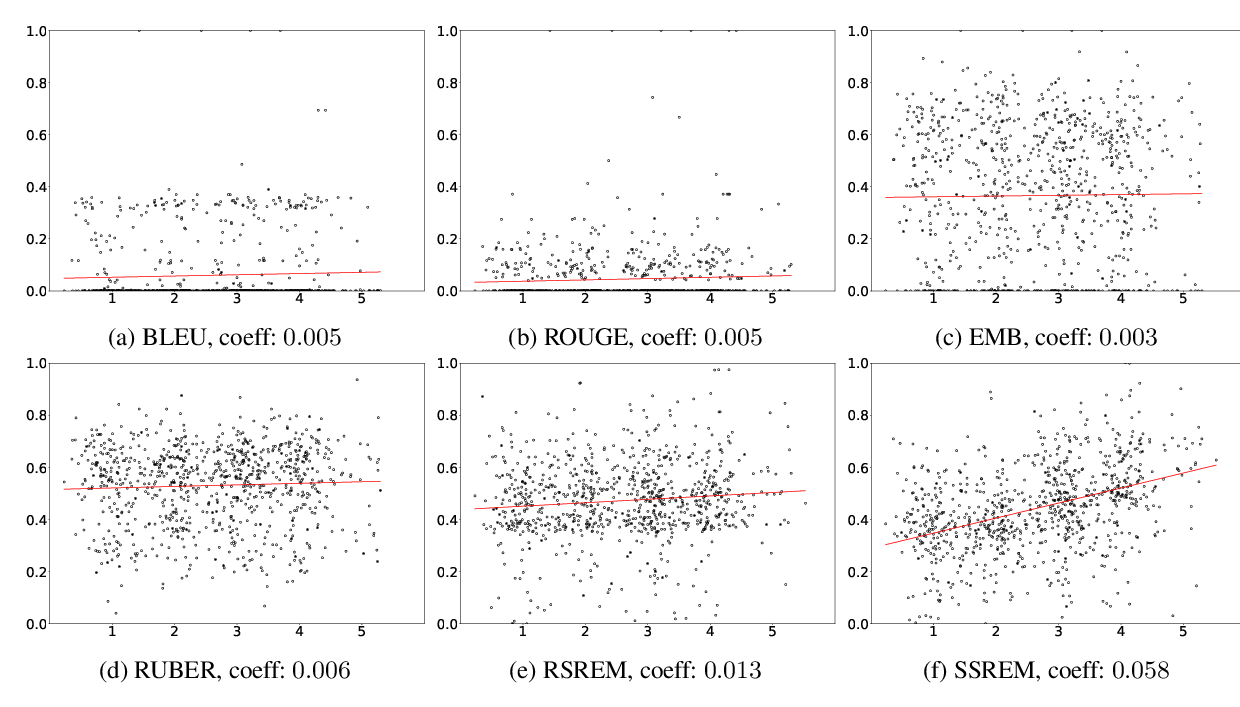Neural Generation of Dialogue Response Timings
Matthew Roddy, Naomi Harte
Dialogue and Interactive Systems Long Paper
Session 4B: Jul 6
(18:00-19:00 GMT)

Session 5B: Jul 6
(21:00-22:00 GMT)

Abstract:
The timings of spoken response offsets in human dialogue have been shown to vary based on contextual elements of the dialogue. We propose neural models that simulate the distributions of these response offsets, taking into account the response turn as well as the preceding turn. The models are designed to be integrated into the pipeline of an incremental spoken dialogue system (SDS). We evaluate our models using offline experiments as well as human listening tests. We show that human listeners consider certain response timings to be more natural based on the dialogue context. The introduction of these models into SDS pipelines could increase the perceived naturalness of interactions.
You can open the
pre-recorded video
in a separate window.
NOTE: The SlidesLive video may display a random order of the authors.
The correct author list is shown at the top of this webpage.
Similar Papers
Multi-Domain Dialogue Acts and Response Co-Generation
Kai Wang, Junfeng Tian, Rui Wang, Xiaojun Quan, Jianxing Yu,

Evaluating Dialogue Generation Systems via Response Selection
Shiki Sato, Reina Akama, Hiroki Ouchi, Jun Suzuki, Kentaro Inui,

End-to-End Neural Pipeline for Goal-Oriented Dialogue Systems using GPT-2
Donghoon Ham, Jeong-Gwan Lee, Youngsoo Jang, Kee-Eung Kim,

